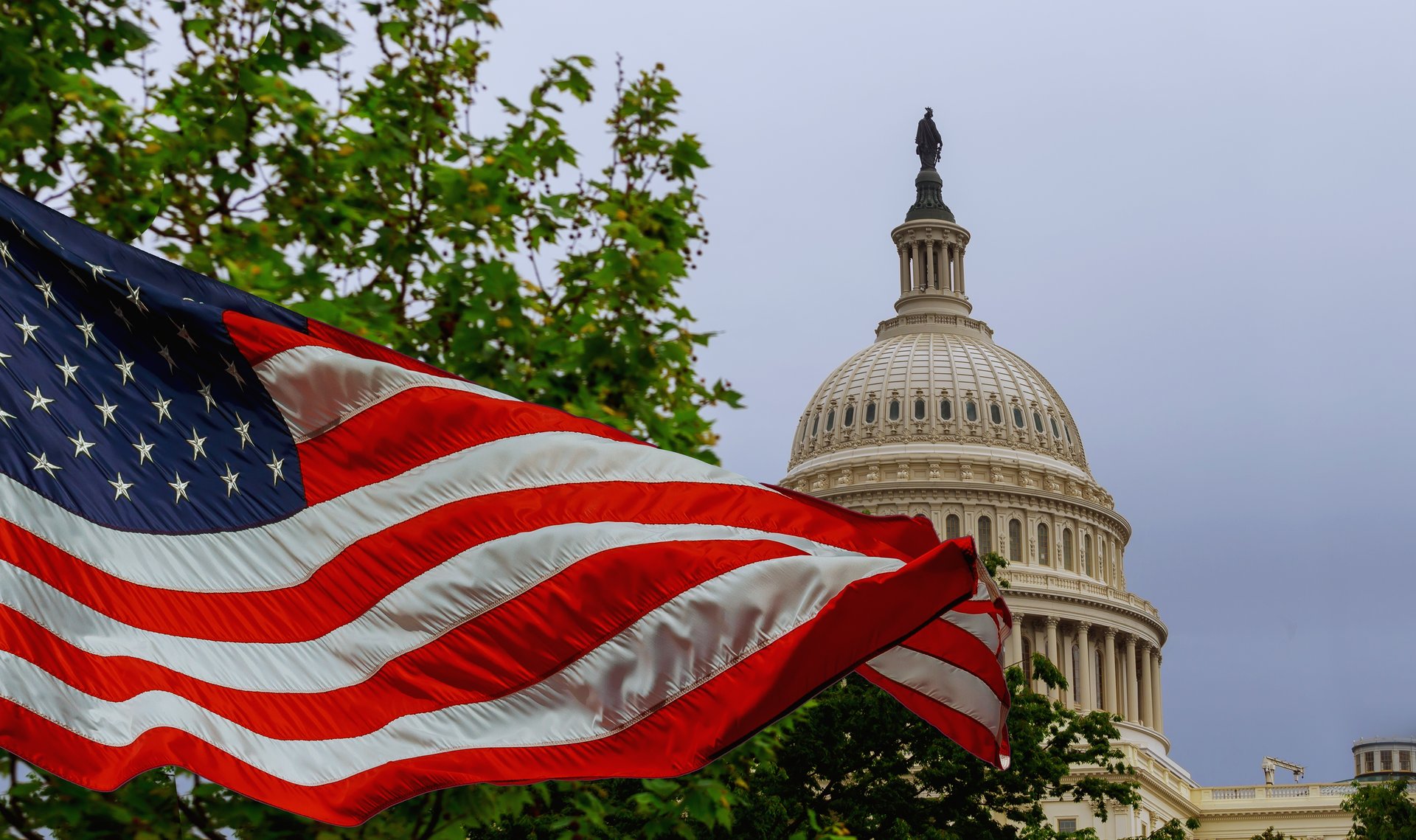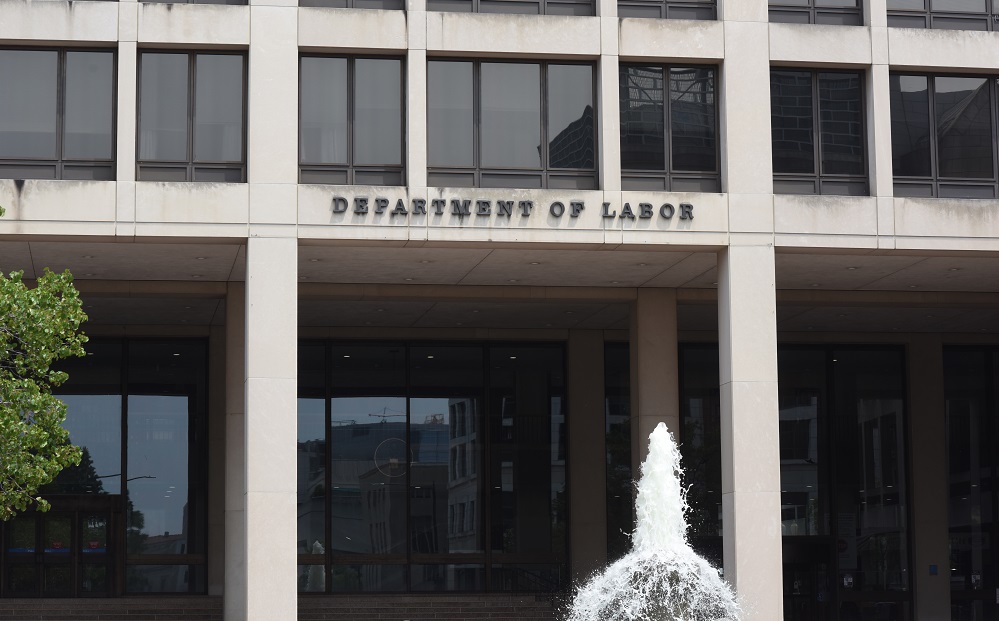Short-term limited duration insurance (STLDI) is very important to many American families and individuals looking to fill gaps in their health insurance coverage and unable to access the individual health insurance marketplace. A current proposal by the administration would reduce the maximum allowable STLDI coverage period from 12 months to three months with a possible one-month renewal. People would be able to purchase a new STLDI policy from a different carrier, but would not be allowed to "stack" a new policy from the same carrier on an expiring policy.
NAIFA is concerned that this will severely limit the options and flexibility of consumers and the licensed producers working with clients to bridge gaps between comprehensive coverage options.
NAIFA submitted a comment letter to the Secretary of Health and Human Services, Acting Secretary of Labor, and Secretary of the Treasury urging the administration to reconsider the proposal. Rather, NAIFA suggests placing a six-month limit (with a full renewal period) on consumers buying STLDI coverage.
This would provide greater flexibility and access to coverage for potentially vulnerable individuals, including those transitioning between jobs, those who have purposely reduced hours or taken unpaid leave and cannot afford or do not qualify for COBRA, newly retired people seeking a bridge to Medicare, Americans studying abroad, and individuals temporarily in the United States on VISA programs.
In the same letter, NAIFA opposed proposed changes to requirements for fixed indemnity insurance and some other types of employment-based accident or health insurance. NAIFA is concerned that these changes would effectively raise taxes for businesses and employees. They could also cause some employers to drop these types of supplemental benefits.
NAIFA also opposes proposed changes that would change the structure of hospital indemnity and other fixed indemnity supplemental coverage. "Unfortunately, changes proposed in the proposed rule would significantly undermine consumers’ ability to financially protect themselves and their families with Fixed Indemnity coverage and expose them to greater financial liability caused by health events. This outcome is contrary to the goals of states and the federal government," according to NAIFA's comment letter.







